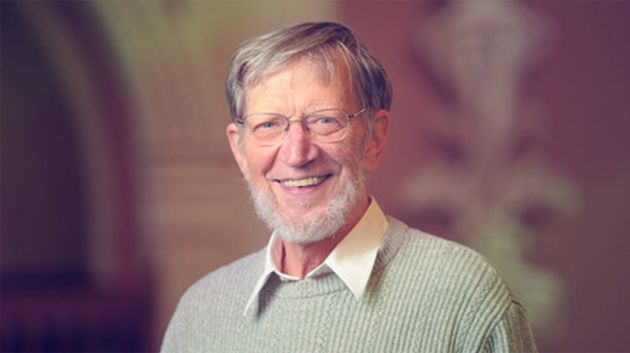Dr. Tyler Wunder has written a paper called “Alvin Plantinga on Paul Draper’s evolutionary atheology: implications of theism’s non-contingency” (2013). In it, he offers an interesting objection to Plantinga’s presupposition of the non-contingency of theism in relation to the probabilistic arguments that he puts forth.
Plantinga likes to argue for conditional probabilities, such as the probability of the reliability of our cognitive faculties on naturalism, and the probability of intelligent beings on theism. And Plantinga likes to compare these probabilities against one another.
But, as Wunder argues, if Plantinga starts by assuming theism’s non-contingency (that is, theism is either necessarily true or necessarily false), then an interesting result follows: if theism is necessarily true, then naturalism, which is the contradiction of theism, must be necessarily false. But this means that there can be no meaningful probabilities assigned to anything related to naturalism.
On the other hand, if theism is assumed to be necessarily false, then no meaningful probabilities can be assigned to theism in relation to anything else. Again, the same failing occurs. This means Plantinga must assume the contingency of theism when arguing for it, and he can’t knock critics like Draper for assuming it in their arguments.
With respect to Plantinga’s Evolutionary Argument Against Naturalism (EAAN), the same result follows. If theism is assumed to be necessarily true when evaluating the probabilities, then Plantinga cannot argue that the reliability of our cognitive faculties on naturalism is “either low or inscrutable” — the reliability of our cognitive faculties cannot be probabilistically low in relation to an impossible state of affairs.
If Plantinga accepts Wunder’s basic objection, and only argues for theism on the basis of its contingency, then I think it is clear the apologetic strength of the arguments will be significantly diminished. As Plantinga correctly notes, most theists take theism to be necessarily true. On the other hand, if Plantinga insists on arguing for theism’s non-contingency (that is, theism is either necessarily true or necessarily false), then the naturalist cannot be expected to grant the truth of theism on the basis of an argument that can only be sustained on the assumption that theism is necessarily false!
References
Tyler Wunder, “Alvin Plantinga on Paul Draper’s evolutionary atheology: implications of theism’s non-contingency,” International Journal for Philosophy of Religion, Vol. 74, No. 1 (August 2013), pp. 67-75.
Alvin Plantina, Where the Conflict Really Lies: Science, Religion, & Naturalism (Oxford University Press, 2011).

Hey.
So, I’m an old blogger dusting off some rust here and I found your spot via Vexing Thoughts. While there’s much that could be said, for now I just want to ask if you’ve ever heard anybody (likely a theist) advance P(H/N&E) where “H” is “higher cognitive faculties” i.e. the ability to reason metaphysically?
LikeLike
More precisely, “advance P(H/N&E) as low or inscrutable”
LikeLike